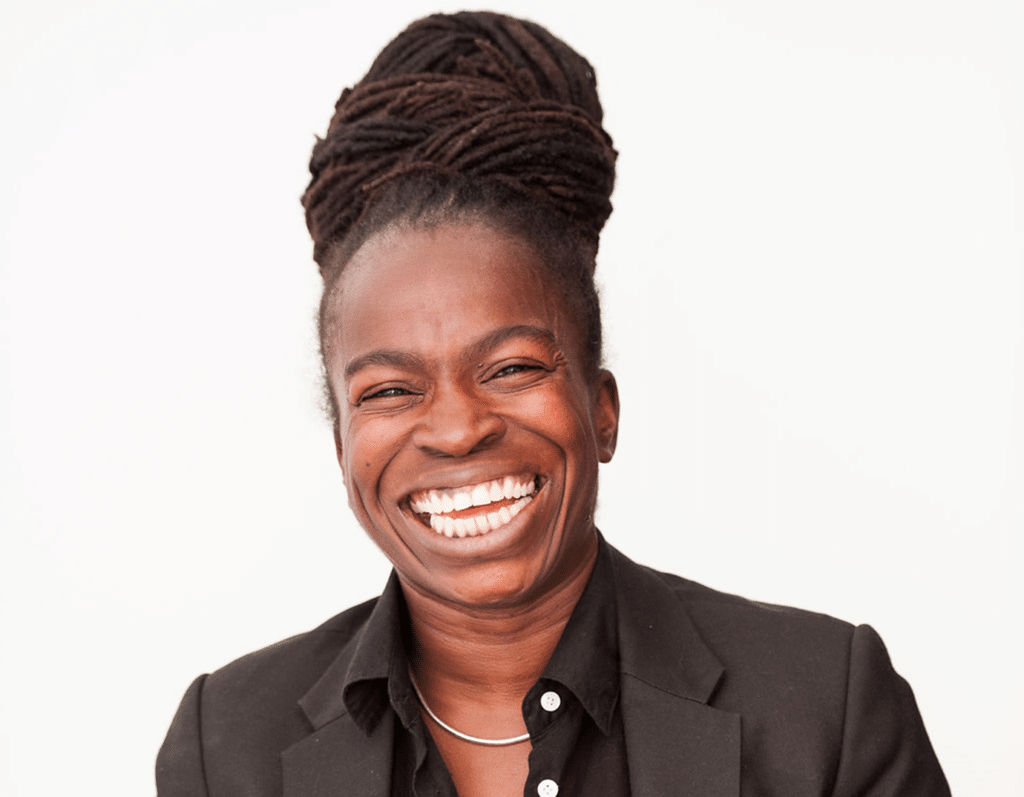A new, world-first study is looking to measure and identify workforce diversity gaps in the technology sector to compare against the diversity of the broader Australian community.
The national study, Tech Reflects, is being undertaken by the social enterprise, the TechDiversity Foundation and it’s currently calling for business leaders to express their interest in having their technology teams join the research effort.
The TechDiversity Foundation says the study is a groundbreaking intersection of Diversity, Equity and Inclusion (DEI) and big data, with its aim being to benchmark workforce diversity and cultural insights against the wider community.
Executive Director at TechDiversity Foundation, Luli Adeyemo, said the study is about understanding who makes up the technology sector currently and then using that information to inform a strategy of change. The study will be completed annually.
As we’ve noted many times on Women’s Agenda, the tech sector is miles behind when it comes to representation, not just of women, but also of people from diverse cultural and linguistic backgrounds, and of people with disabilities.
Ensuring an intersectional lens is applied to workplace diversity data is crucial to understand where the gaps are in tech.
“How do we know if we are being inclusive or not, if we are not taking into consideration intersectionality?” Adeyemo tells Women’s Agenda. “I’m not seeing enough of that information coming through in any of the studies.”
“The gender part is important, but we need to look at the diversity that exists within gender as well. And understand that what we’re looking to achieve is to get a better representation of society where everybody counts.”
Adeyemo’s biggest concern at the moment, especially in the tech sector, is the potential fatigue around the topic of DEI within organisations.
“[The conversation] hasn’t evolved over time and it ends up becoming quite polarising, and then by nature of that, people feel excluded and it has the adverse effects it intended to have,” she says.
“I hope one of the major outcomes of this approach is that it becomes a conversation that everyone suddenly realises they have a part to play.”
Adeyemo says she draws a lot of parallels between where we are at with the DEI conversation, with where the conversion around sustainability was in the early 2000s. In other words, it’s at a critical juncture where the business case for DEI needs to be made clear.
“Back then, there were some very well intended people that were really trying to get sustainability onto the corporate agenda,” Adeyemo says.
“And it just wasn’t moving anywhere, until they were able to link it to the organisational cost savings of adopting some of these principles and methodologies. Right now, DEI is something that companies and individuals do when times are good and everyone rallies behind it. As soon as there is a softening within the market, it falls off the agenda.”
The Tech Reflects study is also about uncovering the rich and untapped skill sets within our society that can propel us towards achieving 1.2 million tech jobs by 2030. It’s an ambitious target, and Adeyemo says we need to change the narrative to get more people involved in the sector.
A career in tech, Adeymo says, is not just for people with traditional tech and engineering backgrounds. The sector also needs doctors, nurses, marketing professionals, communicators and salespeople.
“Technology is intrinsic in driving a big portion of all of our lives and we need to have a better representation of society involved in the design of that,” Adeyemo says.
“Otherwise, we’re going to make a lot of mistakes and errors, especially with the evolution of AI…the impact of getting it wrong could be detrimental.”
“This needs a national mission and approach. It’s too important not to get right. From TechDiversity’s point of view, it’s going to take every single sector. We have a responsibility to get this right. It is not an option.”
Expressions of interest to participate in the study close this Friday, April 12.



